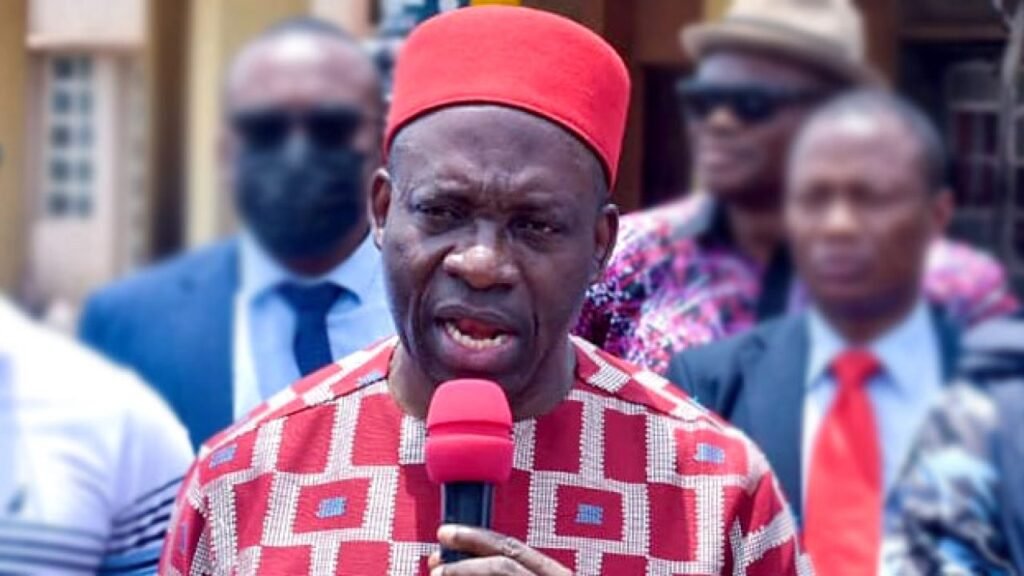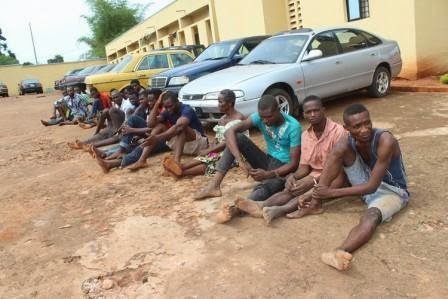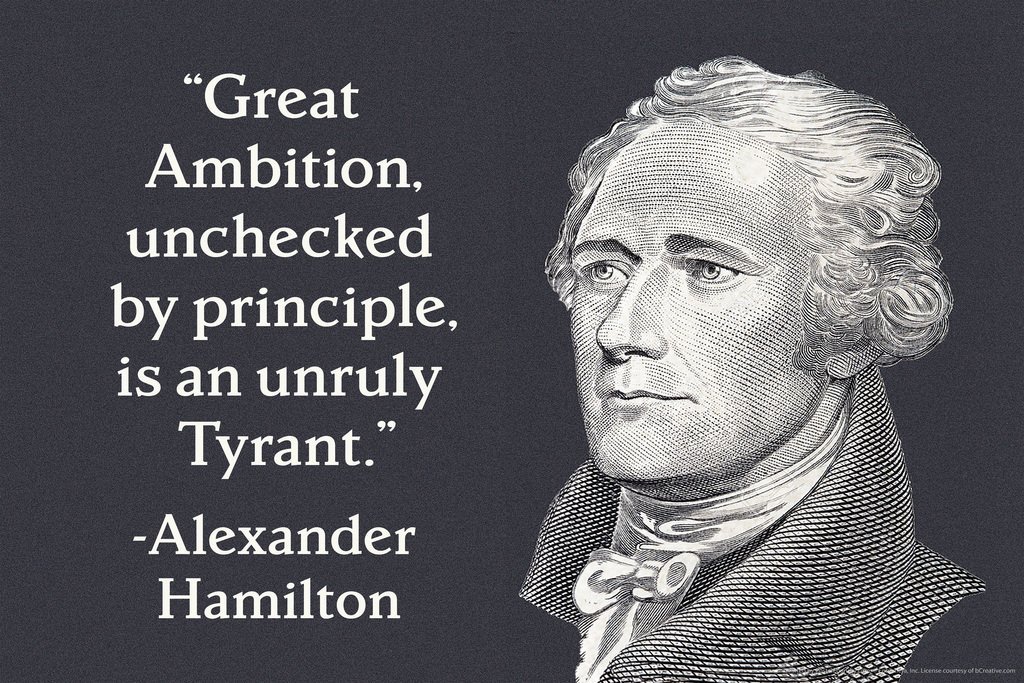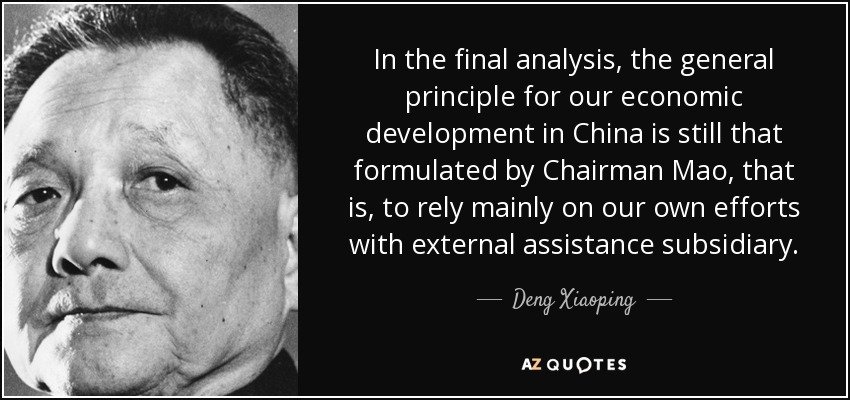Leadership is a natural trait, distinguished by selfless humility, a strong sense of purpose, and significant moral and social sacrifices. True leaders are marked by their willingness to serve without seeking personal gain, embodying the spirit of wisdom and patience. Humility, often considered the first child of wisdom, contrasts sharply with the destructive arrogance that sometimes accompanies misplaced education—education not grounded in practical realities.
Patience, an indisputable divine gift, is essential for effective leadership, as it allows for thoughtful decision-making and enduring perseverance. Economists, often celebrated for their theoretical insights, are seldom effective development leaders beyond their ability to engage in extensive theoretical discourses.

Historical examples underscore this point: Alexander Hamilton, a key figure in American economic history, had no formal economics education, yet his practical understanding and strategic vision were unparalleled. Similarly, Deng Xiaoping, with no formal training in economics, revolutionized China’s economy, challenging the expertise of many Western economists and Nobel laureates.

This contrast is vividly illustrated in the political landscape of Anambra State, Nigeria. Since assuming office, the current administration, led by Prof. Charles Soludo, a theoretical economist, has seen the state’s economy deteriorate. The economic crisis under Prof. Soludo has fueled insecurity, particularly kidnappings, which have become rampant. Ihiala, a town in Anambra, has particularly suffered, becoming a no-go area plagued by violence and abductions.
Reflecting on the past, Anambra was relatively peaceful and economically vibrant, with many Ihiala people coming home to establish factories. This competition led to the establishment of the first solar battery factory in Nigeria in Ihiala by one of my siblings, attracting Korean experts who moved freely and safely. However, since Soludo took over, the security situation has worsened dramatically. Today, most of these factories are either abandoned or underperforming due to insecurity and kidnappings.

Kidnappings have become rampant, forcing families to hastily conduct burials in Lagos instead of their hometowns to avoid the threat of violence. This dire situation underscores the failure of the current leadership to provide security and economic stability. The governor’s desperate attempts to retain power, despite declining popularity and growing opposition, further illustrate the depths of the state’s political and economic crisis. His recent alignment with the rigging practices of the All Progressives Congress (APC) indicates a willingness to undermine democratic processes to secure electoral victory. This desperation is driven by the recognition that Anambra has become overwhelmingly supportive of the opposition, particularly the “Obidient” movement.


In conclusion, effective leadership transcends formal education and theoretical knowledge. It requires humility, patience, and a genuine commitment to the well-being of the people. The case of Anambra State serves as a stark reminder of the consequences of arrogance and poor governance, highlighting the urgent need for leaders who embody the true essence of selfless service and wisdom.
Furthermore, the contrast between theoretical knowledge and practical leadership is starkly evident in historical and contemporary contexts. Alexander Hamilton and Deng Xiaoping are prime examples of leaders whose lack of formal economic education did not hinder their ability to enact significant and positive economic changes. Their success underscores the importance of practical wisdom and a clear vision over mere theoretical knowledge.

In Anambra State, the repercussions of having a leader more versed in economic theory than practical governance are painfully clear. The deterioration of the state’s economy and security under the current administration highlights the limitations of relying solely on academic credentials for leadership roles. The situation in Ihiala, where violence and kidnappings have become rampant, is a direct result of this disconnect between theory and practice. The failure of the current administration to provide security and economic stability is a testament to the need for leaders who possess not only theoretical knowledge but also practical wisdom and humility.
The desperation of the governor to retain power through undemocratic means further illustrates the dangers of arrogance and poor governance. In the broader context, the most dangerous individual is not the man with a gun but the one with knowledge and education who lacks a moral and social compass. Misplaced education—education not grounded in practical realities—can lead to destructive arrogance, causing more harm than good. This highlights the critical need for leaders who are guided by ethical principles and a genuine commitment to the public good, rather than those who merely flaunt their academic credentials without a practical understanding of leadership and governance.

As the saying goes, “The pen is more dangerous than the sword.” The written word, wielded without moral and social guidance, can be a powerful tool for both positive change and destructive influence. It underscores the immense responsibility that comes with knowledge and education, emphasizing that true leadership is defined by a balance of wisdom, humility, and a steadfast moral compass.









